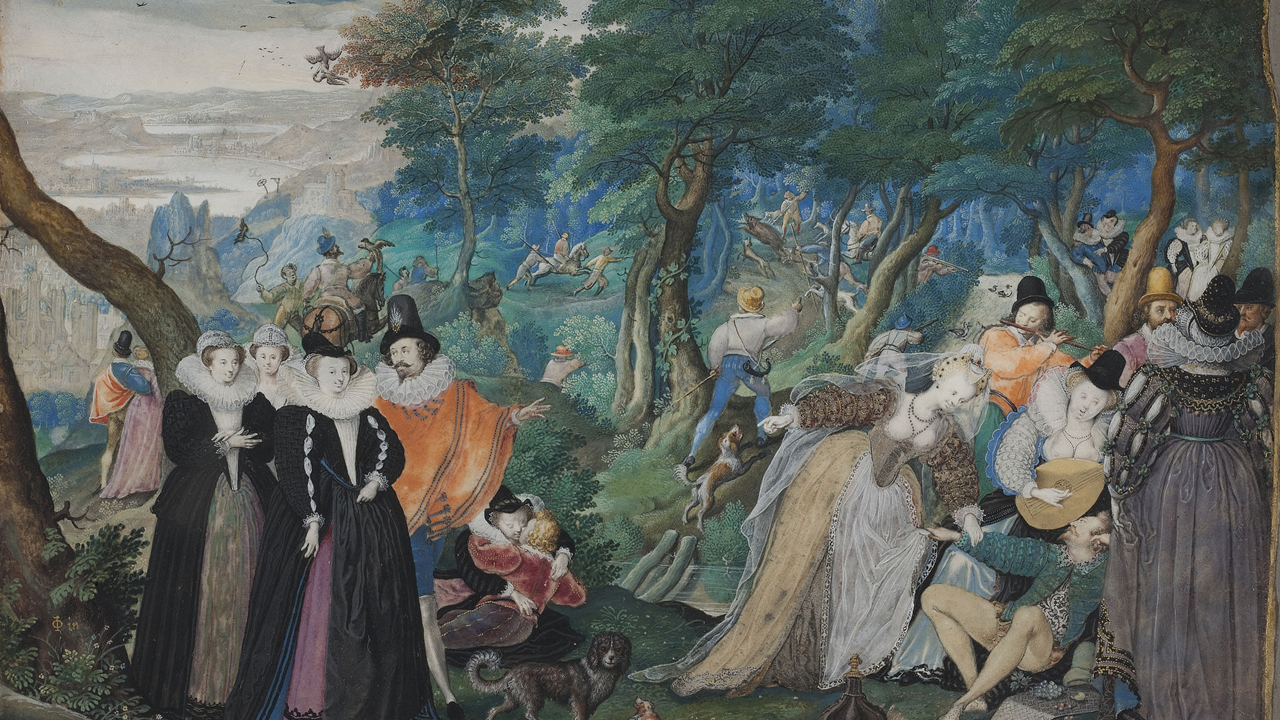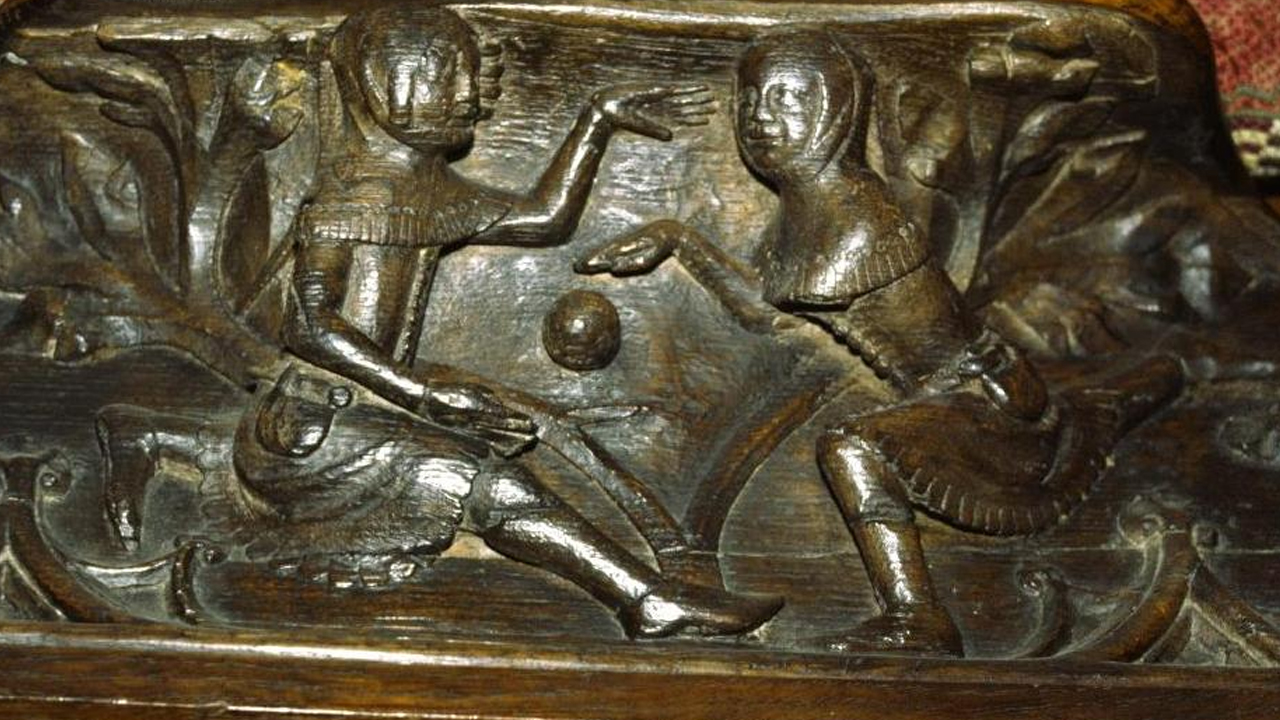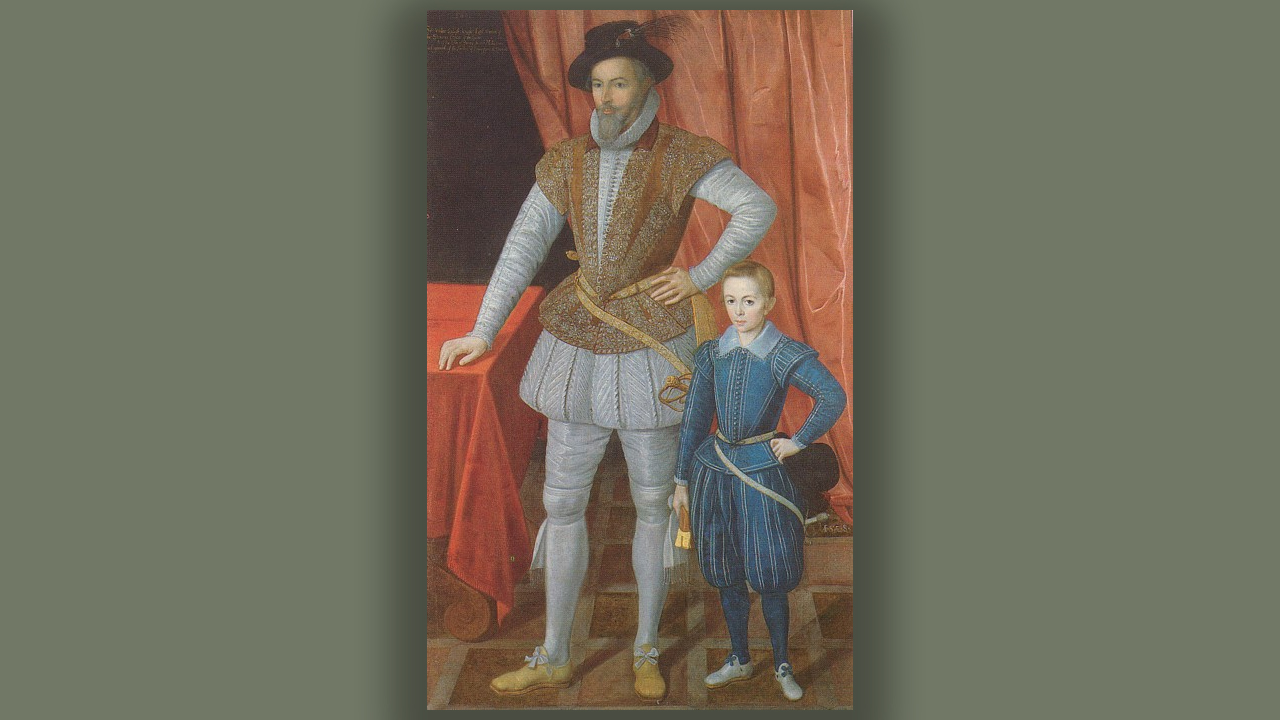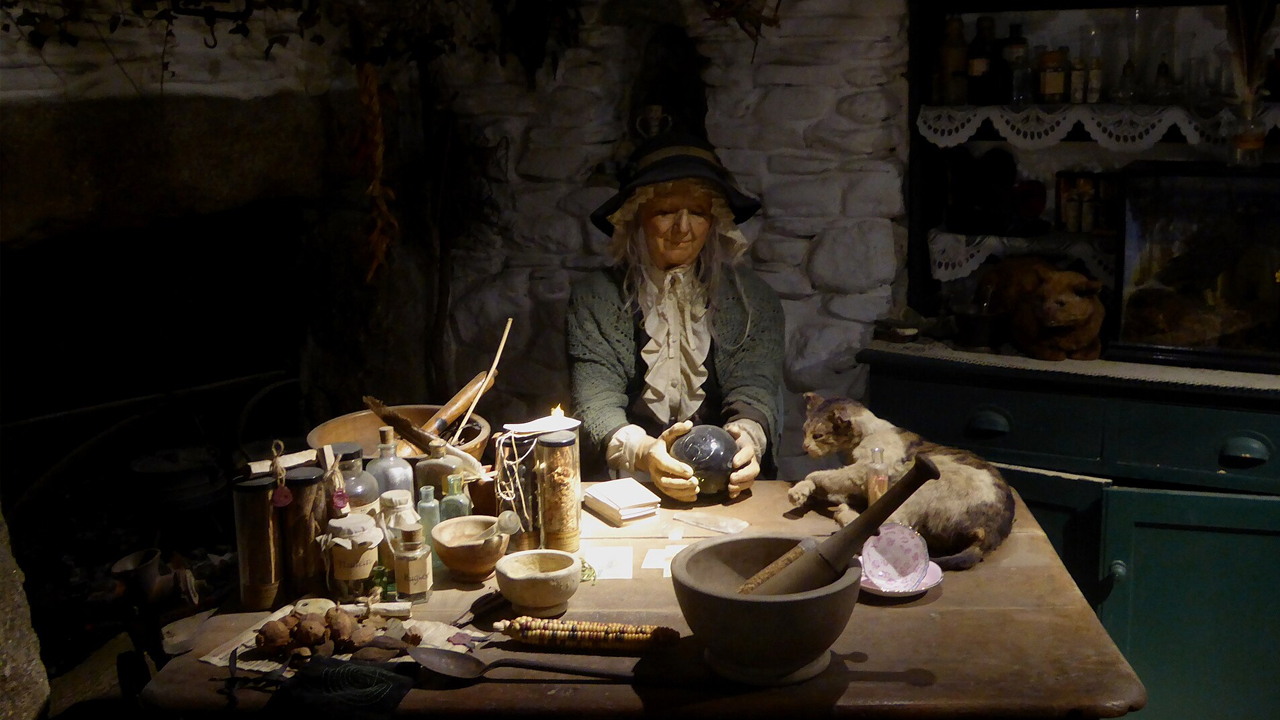Welcome to a journey through time, where we’ll explore some of the most peculiar laws that existed during the Tudor period in England (1485-1603).
From fashion faux pas to culinary crimes, these strange regulations will make you appreciate the legal system we have today. Get ready to be amazed, amused, and perhaps a little perplexed by these 12 weird laws from Tudor England!
No Wearing of Purple if You’re Not Royalty

In Tudor England, the color purple was reserved for the royal family and those of high nobility. If a commoner was caught wearing purple, they could face severe punishment, including imprisonment or even death. This law was strictly enforced to maintain the social hierarchy and ensure that only the most privileged could don this regal hue.
No Playing Football

Believe it or not, playing football (soccer) was illegal in Tudor England. King Edward II banned the sport in 1314, believing it distracted people from practicing archery, a crucial skill for military purposes. The law remained in effect throughout the Tudor period, although it was not always strictly enforced.
No Eating Meat on Wednesdays, Fridays, and Saturdays

During the Tudor era, it was illegal to eat meat on Wednesdays, Fridays, and Saturdays. This law was introduced by Queen Elizabeth I to support the fishing industry and ensure that the navy had a steady supply of sailors. Those caught breaking this law could face fines or even imprisonment.
No Wearing of Ruffles by Men if Their Income Was Below £20 a Year

Fashion was heavily regulated in Tudor England, and one such law prohibited men from wearing ruffles if their annual income was below £20. This law was designed to prevent lower-class men from dressing above their station and to maintain the visual distinction between social classes.
No Wearing of Hats on Sundays

On Sundays, it was illegal for anyone over the age of six to wear a hat in church. This law was introduced to show respect for God and to ensure that everyone was equal in the eyes of the Lord. Those caught wearing a hat in church could face fines or public humiliation.
No Celebrating Christmas

In 1647, during the English Civil War, Oliver Cromwell and his Puritan followers banned the celebration of Christmas. They believed that the festive season had become too indulgent and that people should instead focus on religious devotion. The ban was lifted in 1660, but it remains one of the most unusual laws in English history.
No Wearing of Swords in Parliament

Members of Parliament were prohibited from wearing swords during sessions to prevent violence and maintain order. This law was introduced in the 16th century and remained in effect until the 19th century, ensuring that debates were settled with words rather than weapons.
No Playing of Bowls

In 1541, King Henry VIII banned the playing of bowls, a popular game similar to modern-day bowling. The King believed that the game distracted people from practicing archery and other military skills. The law was not always strictly enforced, but it remained in effect throughout the Tudor period.
No Wearing of Silk by Men if Their Income Was Below £20 a Year

Similar to the law prohibiting men from wearing ruffles, this law prohibited men from wearing silk if their annual income was below £20. The law was designed to maintain the visual distinction between social classes and prevent lower-class men from dressing above their station.
No Witchcraft

In 1542, King Henry VIII introduced the Witchcraft Act, which made the practice of witchcraft a felony punishable by death. The law was updated in 1563 under Queen Elizabeth I, and it remained in effect until 1736. During this time, hundreds of people, mostly women, were executed for alleged witchcraft.